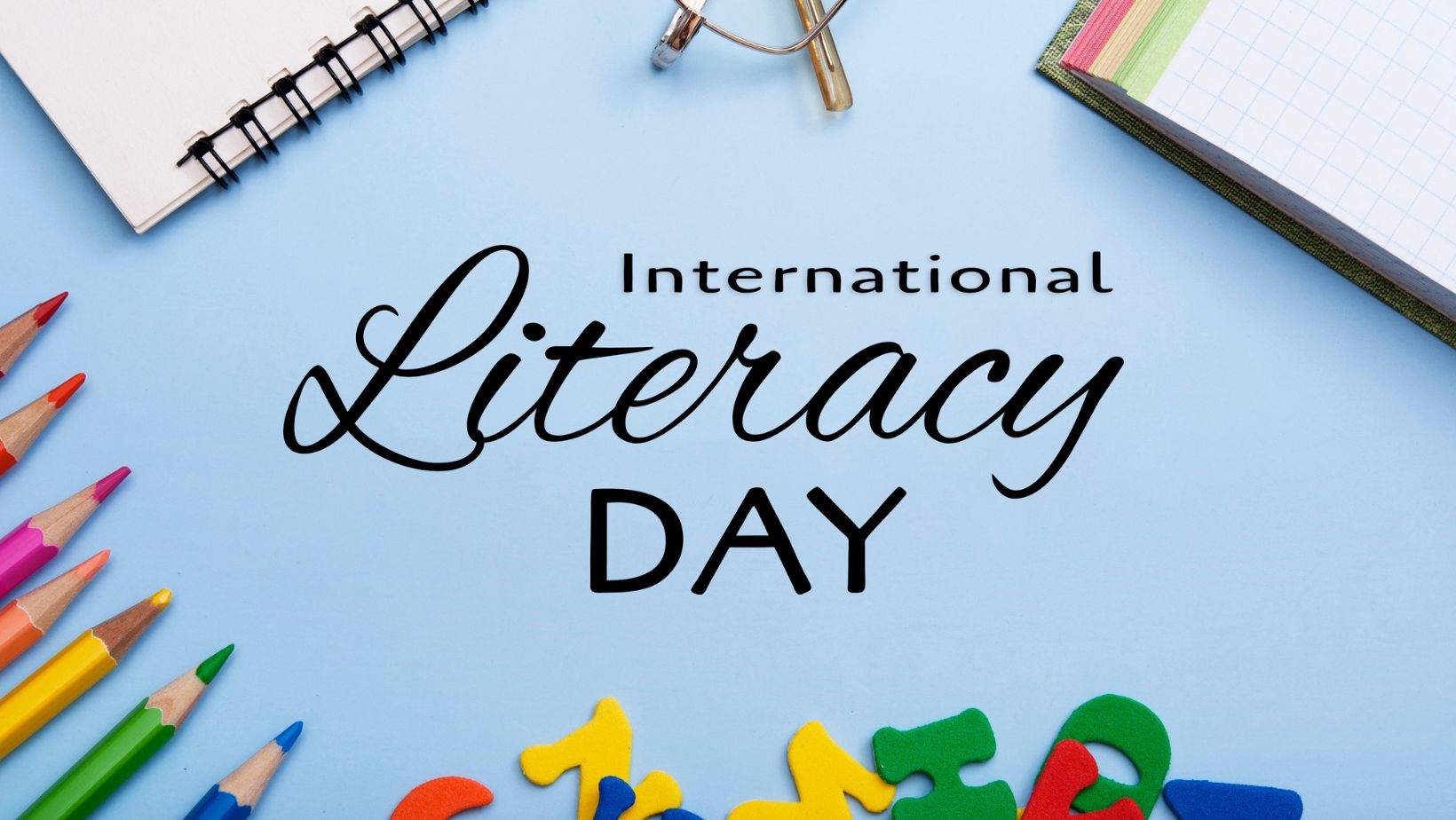International Literacy Day, observed annually on September 8th, is a global initiative that highlights the importance of literacy as a matter of dignity and human rights.
This day serves as a reminder of the transformative power of reading and writing skills in personal and societal development, emphasizing the ongoing challenges and efforts to promote literacy worldwide.
History of International Literacy Day
The origins of International Literacy Day can be traced back to 1965 when it was first declared by UNESCO (United Nations Educational, Scientific and Cultural Organization).
The day was officially celebrated for the first time on September 8, 1966. UNESCO’s decision to establish this day stemmed from a growing recognition of the global literacy crisis and the need for concerted international efforts to combat illiteracy. The date was chosen to emphasize the importance of literacy to individuals, communities, and societies worldwide.
Over the decades, International Literacy Day has evolved to address changing literacy challenges, from basic reading and writing skills to more complex issues of digital literacy in the modern age. Each year, UNESCO selects a specific theme for the day, focusing on different aspects of literacy and its impact on various sectors of society.
These themes have ranged from literacy and health, to literacy in the digital world, reflecting the changing landscape of education and communication. The day serves not only as a celebration of progress made in increasing literacy rates but also as a call to action for governments, organizations, and individuals to continue efforts in promoting literacy as a fundamental human right and a key component of lifelong learning.
Ideas to Celebrate International Literacy Day
Celebrating International Literacy Day can take many forms, from personal actions to community-wide initiatives. The key is to engage in activities that promote reading, writing, and learning, while also raising awareness about the importance of literacy.
Schools and educational institutions often organize special events on this day, such as reading marathons or writing contests. Libraries may host book drives or literacy workshops for adults and children.
On a personal level, individuals can contribute by volunteering at local literacy programs, donating books to underprivileged communities, or simply setting aside time to read with family members or friends.
- Organize a book exchange event in your community or workplace
- Host a multilingual story-telling session to celebrate linguistic diversity
- Create a social media campaign to share favorite books and promote reading
- Volunteer to teach basic literacy skills at a local community center or school
- Participate in or organize a fundraiser for literacy programs in developing countries
The Global Literacy Challenge
Despite significant progress in recent decades, the global literacy challenge remains a pressing issue. According to UNESCO, about 773 million adults worldwide still lack basic literacy skills, with women accounting for two-thirds of this number. This literacy gap has profound implications for individual empowerment, economic development, and social equality.
In many parts of the world, illiteracy is closely linked to poverty, creating a cycle that is difficult to break. Illiterate individuals often face barriers in accessing information, healthcare, and employment opportunities, which in turn affects their quality of life and that of their families.
The challenge is particularly acute in developing countries and conflict-affected regions, where educational infrastructure may be lacking or damaged. Additionally, the rapid digitalization of information has created new forms of illiteracy, with many individuals lacking the skills to navigate and critically evaluate online content.
International Literacy Day serves as a reminder of these ongoing challenges and the need for continued investment in literacy programs and education systems worldwide.
Literacy in the Digital Age
As technology continues to reshape how we communicate and access information, the concept of literacy has expanded beyond traditional reading and writing skills. Digital literacy – the ability to use digital tools effectively, find and evaluate online information, and communicate in digital environments – has become increasingly crucial.
International Literacy Day has evolved to address these new dimensions of literacy, recognizing that in the 21st century, being literate involves a complex set of skills that go beyond decoding text. This shift has significant implications for education systems worldwide, which must now prepare students not only to read and write but also to navigate the digital landscape critically and safely.
The digital divide, where some populations have limited access to technology and the internet, presents a new frontier in the fight against illiteracy. Efforts to promote literacy in the digital age include initiatives to increase access to digital devices and the internet, especially in underserved communities.
There’s also a growing focus on teaching digital citizenship and online safety, ensuring that as people become digitally literate, they can protect themselves from online threats and misinformation.
International Literacy Day now often includes discussions and events centered on these digital literacy challenges, reflecting the evolving nature of what it means to be literate in our increasingly connected world.
